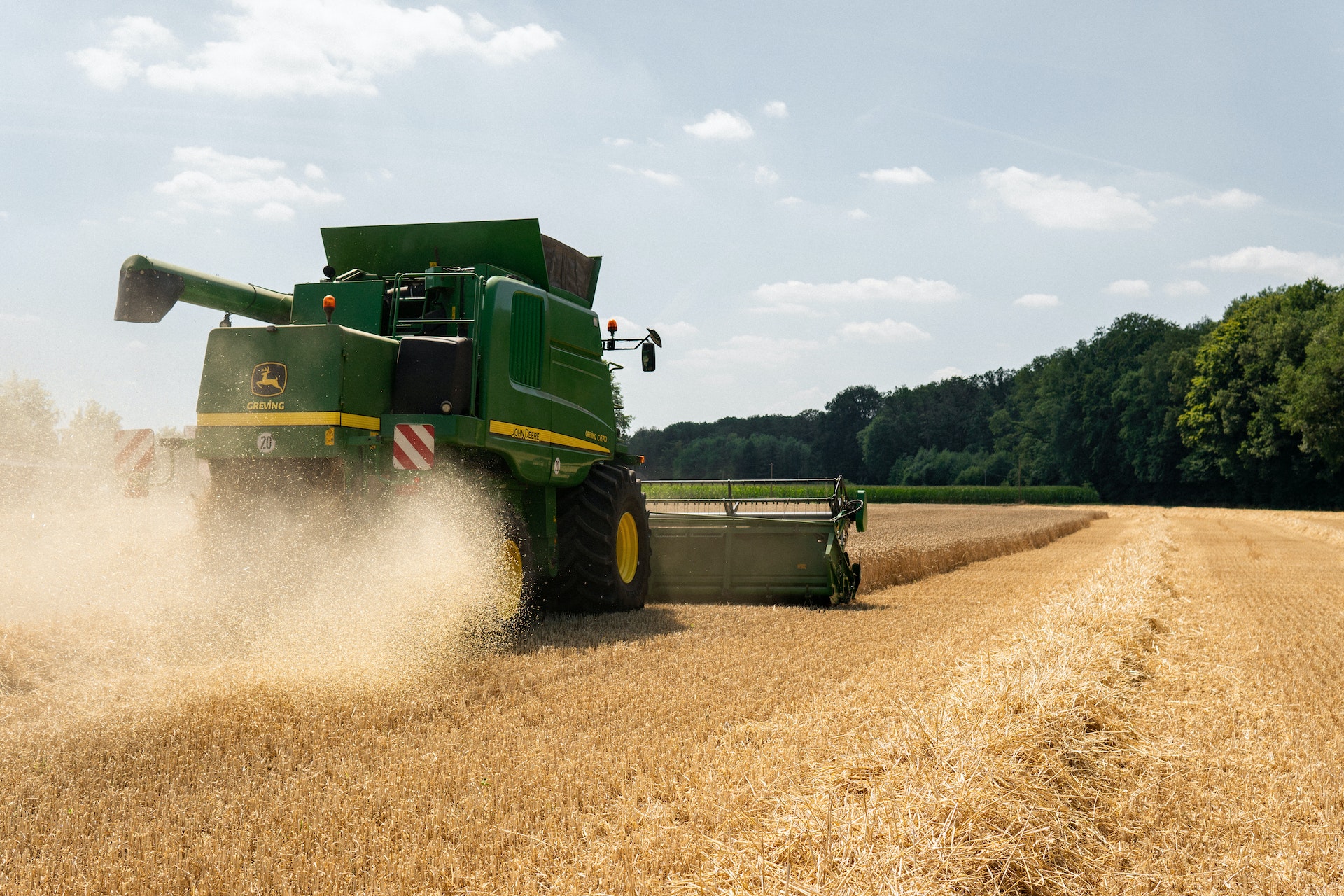This article explores the key aspects of agricultural tenancy disputes highlighting relevant legislation, common issues, and the mechanisms available for resolving conflicts.
Understanding Agricultural Tenancies in the UK
Agricultural tenancies typically involve the occupation of land for farming or agricultural purposes. Two primary types of agricultural tenancies exist: Agricultural Holdings Act (AHA) tenancies and Farm Business Tenancies (FBTs). Understanding the nature of the tenancy is crucial, as different rules and regulations apply to each.
Agricultural Holdings Act (AHA) Tenancies
AHA tenancies are governed by the legislation. These tenancies are long-term and often passed down through generations. Key features of AHA tenancies include security of tenure and statutory rights for tenants, providing a level of protection and stability. Disputes relating to AHA tenancies often revolve around rent reviews, repairs, succession, and compensation matters.
Security of tenure
Security of tenure refers to the legal protection granted to tenants, ensuring their right to remain in their rented property for a certain period and providing them with stability and certainty. In the context of agricultural tenancies in the UK, security of tenure is governed by the Agricultural Holdings Act 1986 and the Agricultural Tenancies Act 1995.
Farm Business Tenancies (FBTs)
FBTs are regulated, however they offer more flexibility compared to AHA tenancies, as they allow for shorter-term agreements and increased freedom in negotiating terms. Common disputes related to FBTs may involve rent reviews, termination notices, repair obligations, or disagreements over agricultural operations.
Common Disputes and Resolutions
Like every tenancy, disputes can arise, and it is important to ensure you know the best resolution in order to minimise the impact on your money, time and reputation.
Rent Review Disputes
Rent reviews are a frequent cause of contention between landlords and tenants. Parties may disagree on the appropriate rent increase or the method used to determine it. In such cases, professional valuations, arbitration, or Alternative Dispute Resolution (ADR) methods like mediation can help reach a resolution.
Repair and Maintenance Disputes
Disagreements often arise regarding maintenance responsibilities and obligations between the landlord and tenant. Clearly defined terms in the tenancy agreement and adherence to the repairing obligations outlined by law are crucial. Disputes can be resolved through negotiation, professional assessments, or legal action if necessary.
Succession and Assignment Disputes
In AHA tenancies, succession rights are particularly important. Disputes may arise when determining eligible successors or when disagreements occur regarding assignments or subletting of a tenancy. Adhering to the statutory framework and seeking legal advice can help navigate these issues.
Termination and Notices
Terminating an agricultural tenancy requires compliance with specific notice periods and procedures. Disputes may arise if the correct notice is not provided or if disputes arise over the validity of a notice. Understanding the legal requirements and consulting legal experts can help avoid potential disputes.
Resolving Disputes
To resolve agricultural tenancy disputes, various methods are available. Mediation and negotiation provide an opportunity for parties to reach a mutually acceptable agreement with the assistance of a neutral third party. If informal methods fail, formal methods such as arbitration or litigation can be pursued, allowing a court or tribunal to make a legally binding decision.
Agricultural Tenancy Disputes
Agricultural tenancy disputes in the UK can be complex, requiring a comprehensive understanding of the legal framework governing these arrangements. Parties involved in such disputes should familiarise themselves with the specific legislation applicable to their tenancy type and seek professional advice when needed.
By adopting effective communication, exploring alternative dispute resolution methods, and, if necessary, resorting to legal proceedings, landlords and tenants can navigate agricultural tenancy disputes in a fair and efficient manner - and hopefully maintain a working relationship that will benefit them both going forward.
